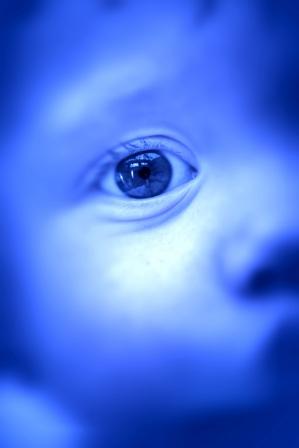
On Monday, two items hit the Web that draw very different conclusions from premises that on the surface seem very similar: putting a face to the abortion debate.
That’s the name of an interview NPR’s Michel Martin conducted with Sarah Tuttle-Singer, who last month wrote an essay entitled “My Jewish Abortion.” It’s also the heart of an essay LifeNews published by Melissa Ohden, who recounts her search for the biological family she never knew after she survived an abortion and was put up for adoption. The former illustrates the fears and pressures of the frightened young mother; the latter conveys the personhood of her daughter.
We are meant to infer from Sarah’s story that unintended pregnancy is a serious, frightening thing facing real people, and therefore the mother’s judgment must reign supreme in deciding whether to end it – that “the choice that’s made has to be in her best interest and has to come from what that voice inside of her says is the right choice to make.”
Melissa’s story, meanwhile, reveals that Mom’s not the only one abortion affects, that there’s a distinct, priceless individual who usually dies as a result. Her message is ultimately about gratitude for the “opportunity at life and being loved.”
It’s essential to be mindful of both souls when considering abortion, to maintain a proper balance of respect for the baby’s rights and compassion for his or her mother’s circumstances. Unfortunately, only one of the authors gives the other face the consideration it deserves.
Melissa describes the contacts she’s established among her biological family, explaining why she “understand[s] and respect[s]” their decision to not yet reveal her existence to her teenage sister. She speaks of healing from abortion and remarkably has nothing but love, understanding, and openness for the family of someone who almost killed her.
But Sarah? Her column doesn’t mention her lost son/daughter at all, save for one reference to keeping “an unwanted child” out of the world. In the interview she admits having “a hard time reconciling a previous decision with the excitement of seeing this tiny blip on an ultrasound monitor and saying wow, that’s a baby, that’s life.” But there’s no explanation as to whether her first child was life, too, no discussion about whether any consideration was owed to that life.
Indeed, Martin even asks whether she as a Jew ought to have a special regard for human life because of the six million Jews murdered in the Holocaust. Her response? Simply reiterating that abortion was a personal choice, that “we should not take on the burden of Jewish identity in this. You know, we’ve got enough on our shoulders.” Where you’d expect at least some sort of talk about how the unborn aren’t victims in the same way as the Jews, here they don’t even get a mention. It’s all about her.
The very existence of people like Melissa Ohden exposes why that approach isn’t good enough. When was Melissa ever a non-person? Who are we – any one of us – to say she should have been killed? The Sarah Tuttle-Singers of the world won’t give abortion’s other face its due because these questions have no answer.







